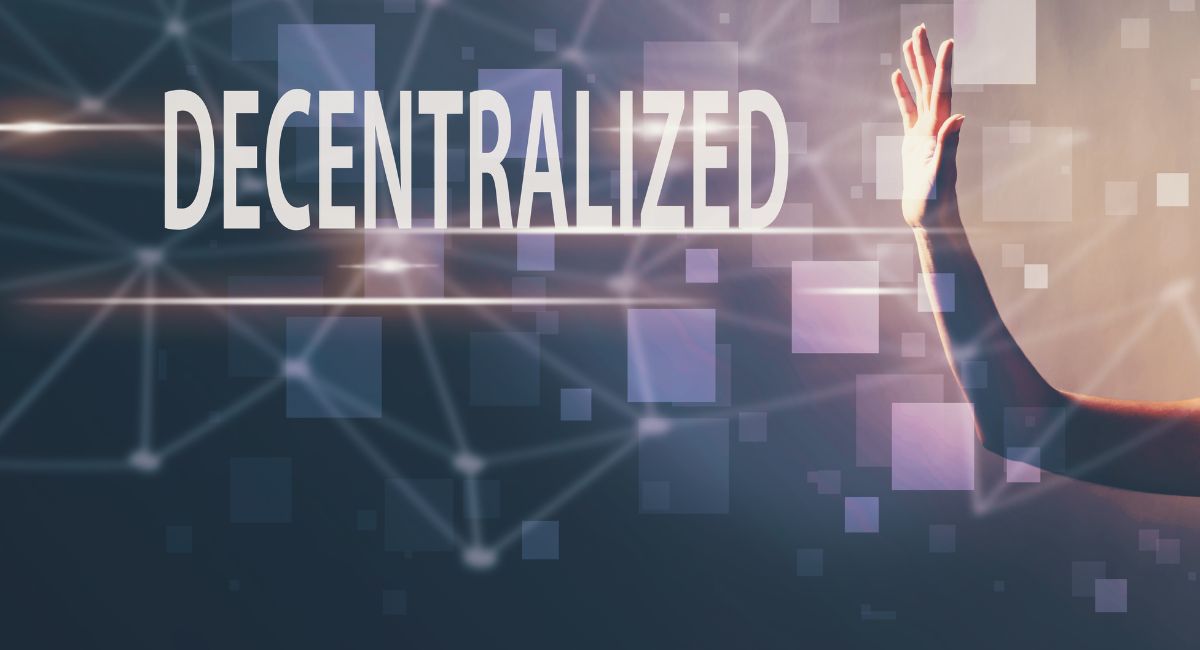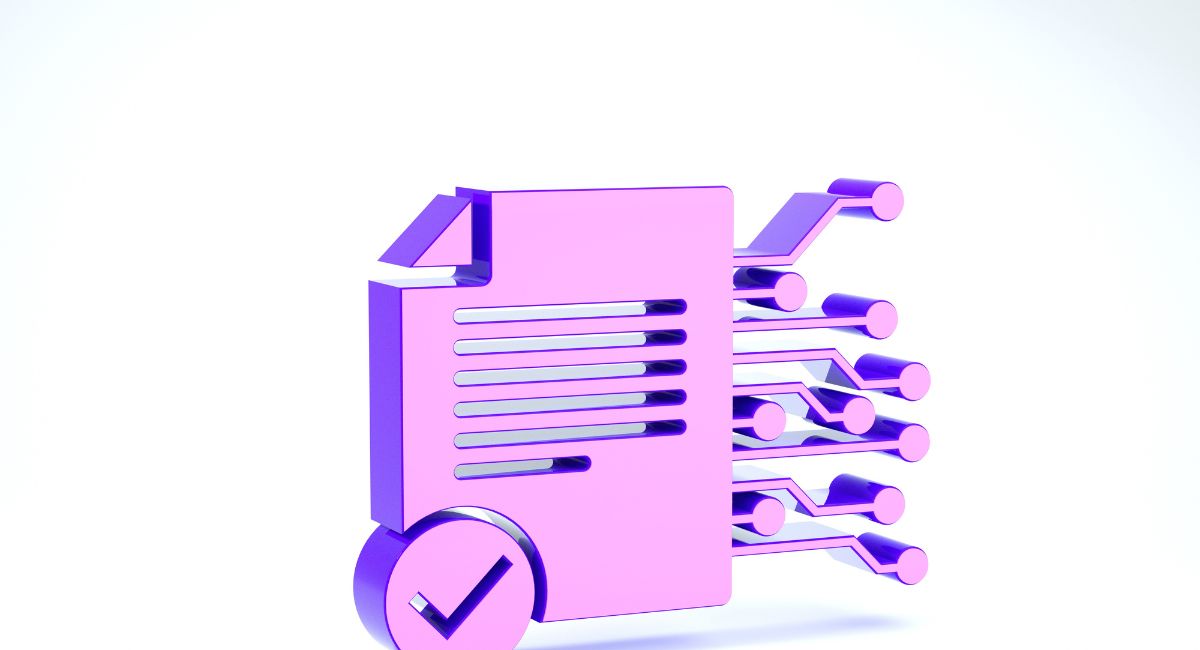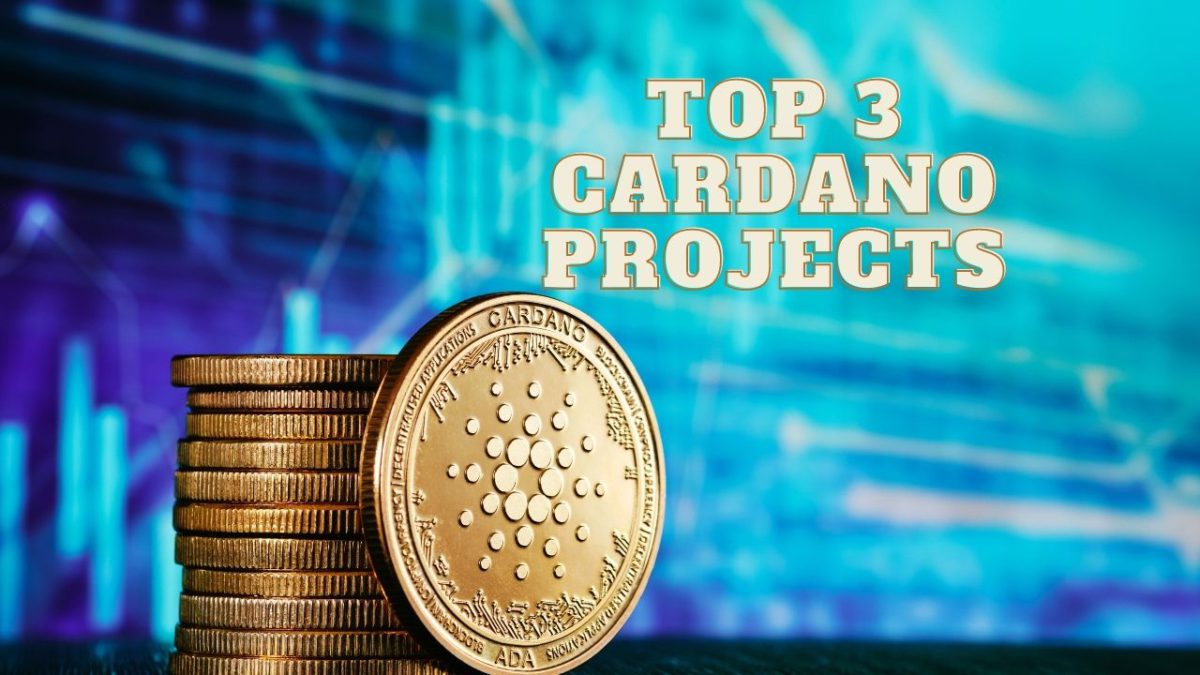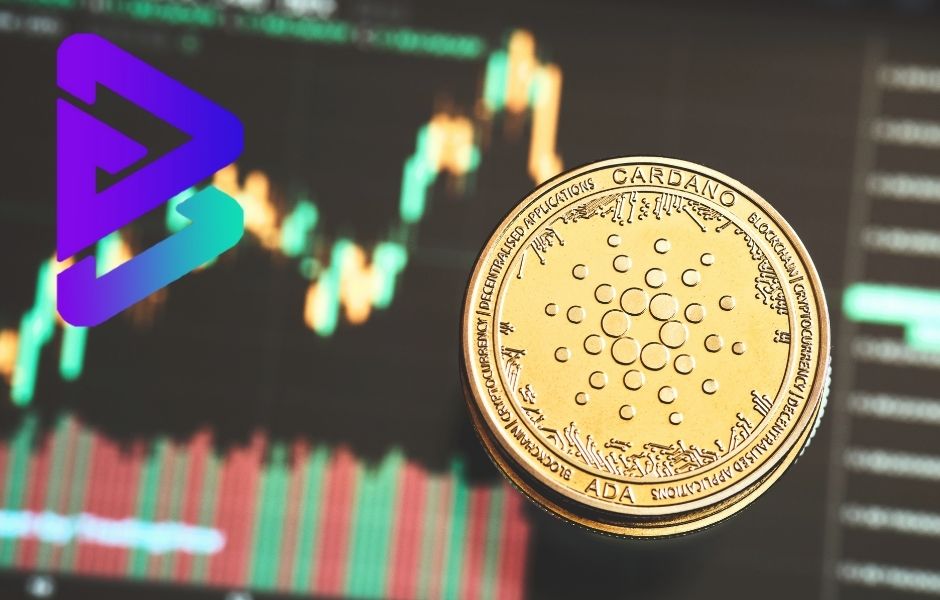How Are Smart contracts Different From dApps: Top 5 Amazing Examples Of Each
At their core, smart contracts are computer programs that encode the rules and obligations of a traditional contract. They utilize blockchain technology to ensure transparency, immutability, and security. Once deployed on the blockchain, smart contracts cannot be altered, providing a tamper-proof record of contractual agreements.
Smart contracts enable a wide range of applications across various industries. In finance, they can automate processes such as payments, loans, and asset transfers, reducing the need for manual intervention and minimizing the risk of errors or fraud. For example, a smart contract could automatically release payment to a supplier once the goods are delivered and verified.
In supply chain management, smart contracts can streamline the tracking and verification of goods as they move through the supply chain. By encoding shipping, delivery, and quality assurance criteria into smart contracts, stakeholders can ensure transparency and efficiency while reducing paperwork and administrative overhead.
Moreover, smart contracts are revolutionizing the field of decentralized finance (DeFi), enabling programmable and trustless financial services such as decentralized exchanges, lending platforms, and prediction markets. These applications operate autonomously, without the need for traditional intermediaries like banks or brokers, thereby increasing accessibility and reducing costs for users.
However, despite their many benefits, smart contracts are not without challenges. Security vulnerabilities in the code can lead to exploits or bugs that result in financial losses or disruptions to operations. Additionally, the lack of standardization and legal recognition of smart contracts in some jurisdictions poses regulatory and compliance risks.
In conclusion, smart contracts represent a groundbreaking innovation in contract execution and automation. Their ability to enforce agreements in a transparent, secure, and decentralized manner has the potential to transform industries, streamline processes, and create new opportunities for efficiency and innovation. However, careful consideration of security best practices and regulatory implications is essential to fully realize the benefits of smart contract technology.
Also, read- Top 10 Notable Use Cases Of Blockchain Technology That Include DeFi And dApps
Dapps and Smart contracts

Decentralized Applications (dApps) are software applications that operate on a decentralized network rather than a centralized server. They leverage blockchain technology to provide users with a transparent, secure, and trustless environment for interacting and exchanging value. dApps are typically open-source, community-driven projects that offer a wide range of functionalities across various industries.
One of the key features of dApps is their decentralized nature, which means they run on a peer-to-peer network of computers (nodes) rather than being controlled by a single entity. This decentralization ensures that dApps are resistant to censorship, manipulation, and single points of failure, making them more reliable and resilient.
dApps can be categorized into several types based on their functionality and purpose. For example, financial dApps facilitate peer-to-peer transactions, lending, borrowing, and trading of digital assets without the need for intermediaries. Decentralized exchanges (DEXs) are a prominent example of financial dApps, enabling users to trade cryptocurrencies directly with each other.
Other types of dApps include decentralized social networks, gaming platforms, supply chain management systems, and identity verification solutions. These applications leverage blockchain technology to provide users with greater privacy, security, and control over their data and digital assets.
Furthermore, dApps often utilize smart contracts, which are self-executing contracts with the terms of the agreement directly written into code. Smart contracts enable automation of transactions and enforce predefined rules and conditions without the need for intermediaries.
Overall, dApps represent a paradigm shift in software development, offering users a decentralized alternative to traditional centralized applications. As the ecosystem continues to evolve and mature, dApps have the potential to disrupt industries, empower users, and drive innovation in the digital economy.
🥳 Introducing Brevis V2: the gateway to a new era of data-driven, compute-intensive, and modular dApps. Brevis V2 is a generalized ZK coprocessor that empowers smart contracts to read from the full history of blockchain data and run computations on that data in a completely… pic.twitter.com/XNSQYdfJb2
— Brevis (@brevis_zk) February 26, 2024
How are Smart contacts different from dApps?

Smart contracts and decentralized applications (dApps) are both integral components of blockchain technology, but they serve different purposes and have distinct characteristics.
Smart contracts are self-executing agreements with the terms of the contract directly written into code. They run on blockchain networks and automatically execute actions when predefined conditions are met, without the need for intermediaries. Smart contracts enable automation of transactions and enforce predefined rules and conditions, facilitating trustless interactions between parties.
On the other hand, decentralized applications (dApps) are software applications that operate on a decentralized network rather than a centralized server. They leverage blockchain technology to provide users with a transparent, secure, and trustless environment for interacting and exchanging value. dApps can offer a wide range of functionalities across various industries, including financial services, social networking, gaming, supply chain management, and identity verification.
While smart contracts are a specific type of code that automates and enforces agreements, dApps are broader applications that can incorporate smart contracts as part of their functionality. In other words, smart contracts can be deployed within dApps to handle specific tasks or processes, such as facilitating transactions, managing digital assets, or enforcing rules and conditions.
In summary, smart contracts are a subset of the functionality that can be integrated into decentralized applications. While smart contracts automate and enforce agreements, dApps provide a platform for a wide range of decentralized services and functionalities beyond just contract execution.
Top 5 examples of Smart contracts
- Escrow Services: It can be used to automate escrow services, eliminating the need for a trusted third party. The funds are held securely on the blockchain until both parties fulfill their obligations, as defined in the smart contract code.
- Supply Chain Management: It can track the movement of goods throughout a supply chain, ensuring transparency and efficiency. They can automate tasks like triggering payments upon delivery or verifying the authenticity of products.
- Decentralized Finance (DeFi): These are the backbone of DeFi applications, enabling peer-to-peer lending, borrowing, and trading without the need for traditional financial institutions. This allows for faster transactions, lower fees, and increased accessibility to financial services.
- Predictive Markets: Smart contracts can power prediction markets, where users can bet on the outcome of real-world events. The smart contract automatically distributes winnings based on the actual outcome, ensuring fairness and transparency.
- Non-Fungible Tokens (NFTs): Smart contracts are used to create and manage NFTs, which are unique digital assets that represent ownership of digital or real-world items. The smart contract ensures authenticity, verifies ownership, and facilitates secure trading of NFTs.
These are just a few examples, and the potential applications of smart contracts are constantly growing. As blockchain technology evolves, we can expect to see even more innovative and impactful use cases emerge.
Top 5 examples of Dapps
- Uniswap (DeFi): A decentralized exchange (DEX) that allows users to swap cryptocurrencies directly with each other without relying on a central authority. It utilizes smart contracts to facilitate secure and trustless peer-to-peer trading.
- OpenSea (NFT Marketplace): A leading marketplace for buying, selling, and trading NFTs. It allows creators and collectors to interact directly, removing intermediaries and offering greater control over ownership and value.
- Aave (DeFi): A DeFi lending platform where users can borrow and lend cryptocurrencies. It employs smart contracts to automate lending processes, determine interest rates, and manage collateralization, providing greater flexibility and transparency compared to traditional lending institutions.
- Axie Infinity (Game): A popular play-to-earn game built on the Ethereum blockchain. Players collect, breed, and battle virtual pets called Axies, represented as NFTs. They can earn rewards in the form of the game’s native cryptocurrency, adding an economic layer to the gameplay.
- Augur (Prediction Market): A decentralized platform where users can place bets on the outcome of real-world events, such as elections, economic indicators, or sporting events. Smart contracts automate the entire process, ensuring trust and transparency while eliminating the need for intermediaries.
Conclusion
In conclusion, while both smart contracts and decentralized applications (dApps) are integral components of blockchain technology, they serve distinct purposes and have unique characteristics:
- Smart contracts are self-executing agreements written in code that automate and enforce predefined actions when conditions are met. They are specific to individual transactions or agreements and facilitate trustless interactions between parties on a blockchain network.
- Decentralized applications (dApps), on the other hand, are software applications that operate on decentralized networks, providing users with a wide range of functionalities across various industries. dApps leverage blockchain technology for transparency, security, and trustlessness, and they can incorporate smart contracts as part of their functionality.
In essence, these are a subset of the functionality that can be integrated into dApps. While smart contracts focus on automating and enforcing specific agreements or transactions, dApps offer a broader platform for decentralized services and applications beyond just contract execution.
Together, smart contracts and dApps play crucial roles in enabling the development of decentralized ecosystems, facilitating trustless interactions, and unlocking new opportunities for innovation and collaboration in the blockchain space. As the blockchain ecosystem continues to evolve, smart contracts and dApps will remain essential building blocks, driving advancements and reshaping industries across the globe.
Stay informed with daily updates from Blockchain Magazine on Google News. Click here to follow us and mark as favorite: [Blockchain Magazine on Google News].
Get Blockchain Insights In Inbox
Stay ahead of the curve with expert analysis and market updates.
latest from tech
Disclaimer: Any post shared by a third-party agency are sponsored and Blockchain Magazine has no views on any such posts. The views and opinions expressed in this post are those of the clients and do not necessarily reflect the official policy or position of Blockchain Magazine. The information provided in this post is for informational purposes only and should not be considered as financial, investment, or professional advice. Blockchain Magazine does not endorse or promote any specific products, services, or companies mentioned in this posts. Readers are encouraged to conduct their own research and consult with a qualified professional before making any financial decisions.

 Bitcoin
Bitcoin  Ethereum
Ethereum  Tether
Tether  XRP
XRP  Solana
Solana  Dogecoin
Dogecoin  USDC
USDC  Lido Staked Ether
Lido Staked Ether  Cardano
Cardano  TRON
TRON  Avalanche
Avalanche  Chainlink
Chainlink  Toncoin
Toncoin  Wrapped stETH
Wrapped stETH  Shiba Inu
Shiba Inu  Sui
Sui  Wrapped Bitcoin
Wrapped Bitcoin  Hedera
Hedera  Stellar
Stellar  Polkadot
Polkadot  WETH
WETH  Hyperliquid
Hyperliquid  Bitcoin Cash
Bitcoin Cash  LEO Token
LEO Token  Uniswap
Uniswap  Litecoin
Litecoin  Pepe
Pepe  Wrapped eETH
Wrapped eETH  NEAR Protocol
NEAR Protocol  Ethena USDe
Ethena USDe  Aave
Aave  Internet Computer
Internet Computer  Aptos
Aptos  USDS
USDS  POL (ex-MATIC)
POL (ex-MATIC)  Cronos
Cronos  Mantle
Mantle  Ethereum Classic
Ethereum Classic  Render
Render  Bittensor
Bittensor  MANTRA
MANTRA  WhiteBIT Coin
WhiteBIT Coin  Monero
Monero  Artificial Superintelligence Alliance
Artificial Superintelligence Alliance  Dai
Dai  Arbitrum
Arbitrum  Filecoin
Filecoin 



